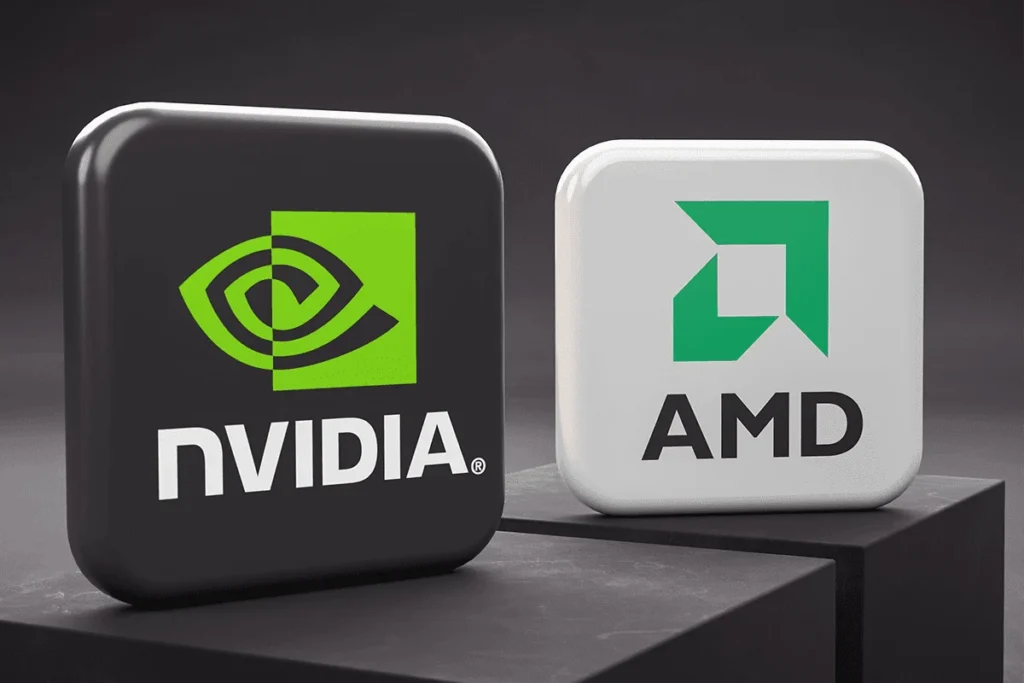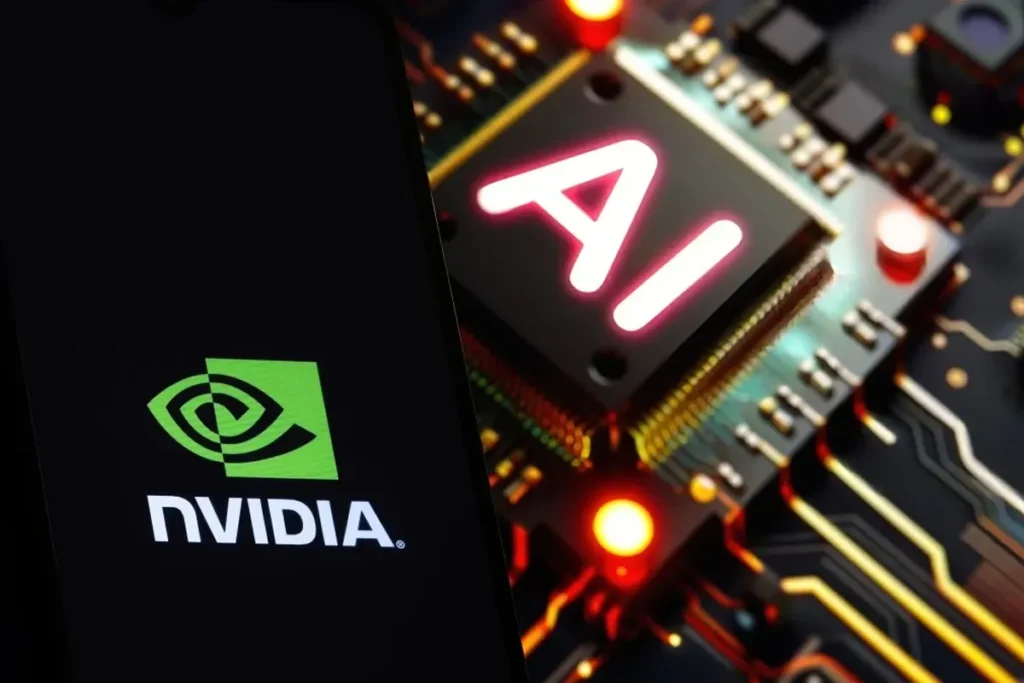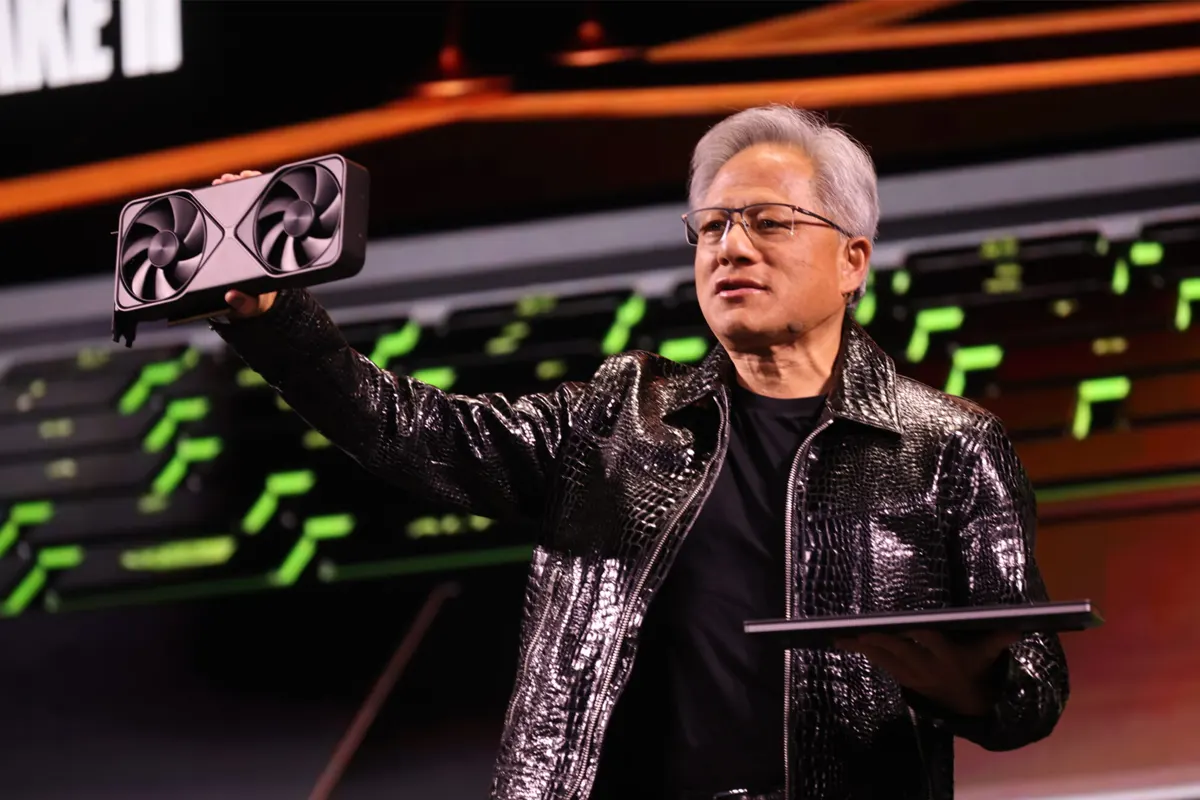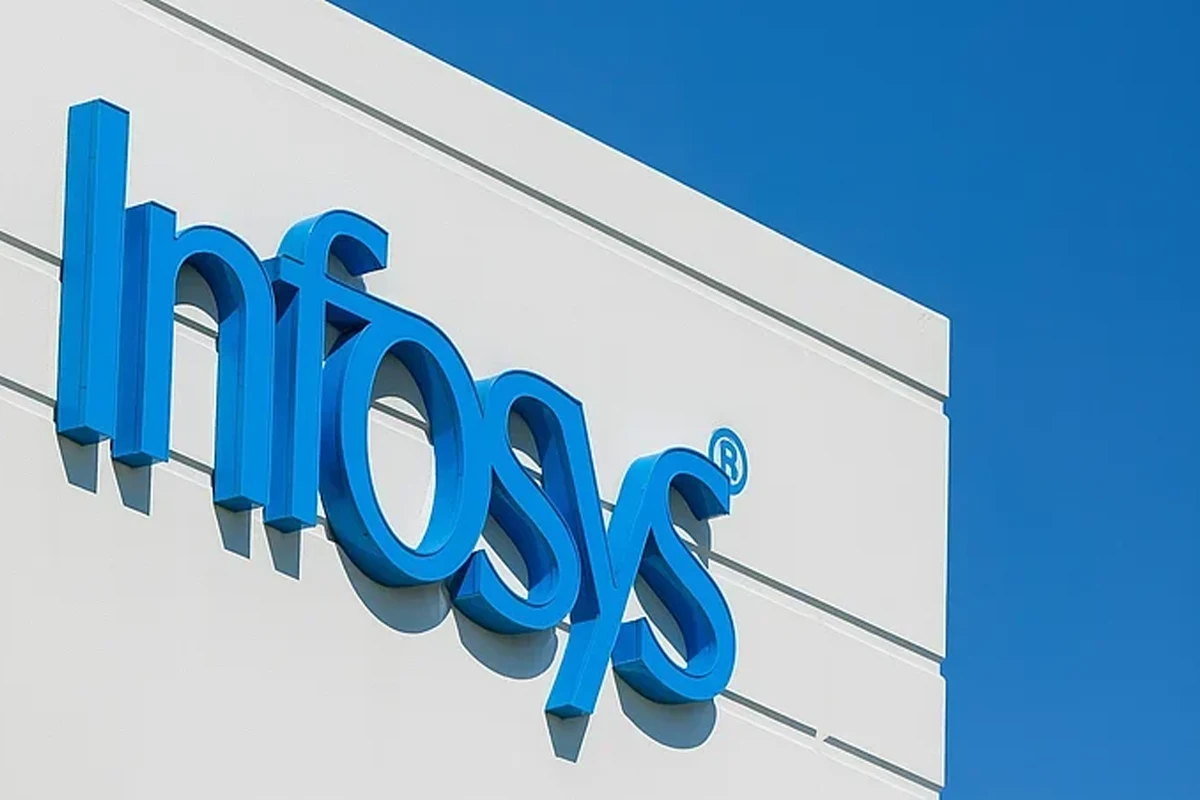Nvidia and AMD AI Chip Sales to China—Trump Administration’s Unusual Deal Shakes Tech World
The combination of technology and geopolitics is always interesting, but this time the development that has taken place has surprised both the tech and political circles. The U.S. government has taken a step never seen before regarding Nvidia and AMD AI chip sales to China. A “15% revenue cut” deal has been finalized under the leadership of President Donald Trump in which the U.S. government will directly get a share in the profits of these companies when they sell their specially designed A.I. chips to China.
This move is not just a business arrangement but part of a geopolitical strategy that will have a direct impact on the global artificial intelligence race. The meaning of this deal is that if Nvidia sells its chips in China, then 15% of that revenue will go directly to the account of the U.S. government. The same rule will apply to AMD as well.
Nvidia and AMD AI Chip Sales—The Backstory of the Deal
The story of this deal started when the Trump administration banned Nvidia and AMD AI chip sales to China in April. The concern was that China would close the gap in the AI race with the U.S. by using these chips. But after a month, Nvidia got permission to sell a special chip named H20 to China.
Despite permission, official licenses were not issued until Nvidia CEO Jensen Huang visited the White House and spoke directly to President Trump. Then an agreement was finalized in which the U.S. government would get a direct revenue share of 15%. Two days later the Commerce Department approved the export licenses.
A Joint Strategy of Business and Politics

This kind of revenue-sharing arrangement had never happened before in export licensing. It is an example of the Trump administration’s aggressive, interventionist business approach. Trump had previously used the golden share model in the steel industry and is now bringing the same model to the tech industry.
The deal will help the U.S. The government could make more than $2 billion by year-end. According to Bernstein Research estimates, Nvidia will export $15 billion worth of its H20 chip to China, while AMD will sell MI308 chips worth $800 million.
Nvidia and AMD National Security Concerns
But not everyone is happy with the deal. Many national security experts say that the Trump administration has compromised national security for money. Liza Tobin, who has previously worked on China policy with the Trump and Biden administrations, said that this is an “own goal” that will allow China to compete more aggressively.
Security experts say that the H20 chip is China’s A.I. It will accelerate China’s US capabilities and reduce the US technological advantage. They believe it is not outdated but an advanced chip that could be very beneficial for Chinese companies.
Nvidia and AMD AI Chip Sales to China—Economic Logic vs Security Logic
Jensen Huang’s argument is simple: if U.S. companies don’t sell chips to China, then Chinese rival Huawei will dominate the market and close the gap by using its profits in R&D. Huang’s vision is to make the “American tech stack” the global standard, just as the U.S. dollar is the financial standard.
The Trump administration says it will never sell its best chips to China. Commerce Secretary Howard Lutnick said, “We won’t give them first-best, second-best, or even third-best,” but it’s important to stay competitive.
Nvidia and AMD AI Chip Sales to China—China’s Reaction
China is also not taking the deal lightly. The Cyberspace Administration of China summoned Jensen Huang and raised concerns that the H20 chip could have “backdoor security risks.” Chinese state media discouraged companies from buying the H20 chip.
Nvidia clarified in a public statement that there are no backdoors in its AI chips. The company also opposed the U.S. Congress’s proposed Chip Security Act, which would mandate companies to track their chips.
Nvidia and AMD AI Chip Sales to China—Next Step in Global AI Race

This deal could set a precedent for future tech exports. If this model succeeds, the U.S. government could enter into similar revenue-sharing deals with other companies in the future. But if security risks become a reality, this policy could prove to be a risky gamble.
The future of artificial intelligence is not just a game of technology but also of politics and economics. The story of Nvidia and AMD AI chip sales to China is a perfect example of how business deals can become a strategic weapon in global power dynamics.
Disclaimer:
The purpose of this article is only informational. All details given here are based on publicly available sources. This is not an endorsement of any political or business entity. Readers should make their own decisions based on verified information.
Also Read
El Salvador Opens Doors to Bitcoin Investment Banks — A New Era for Global Crypto Finance







